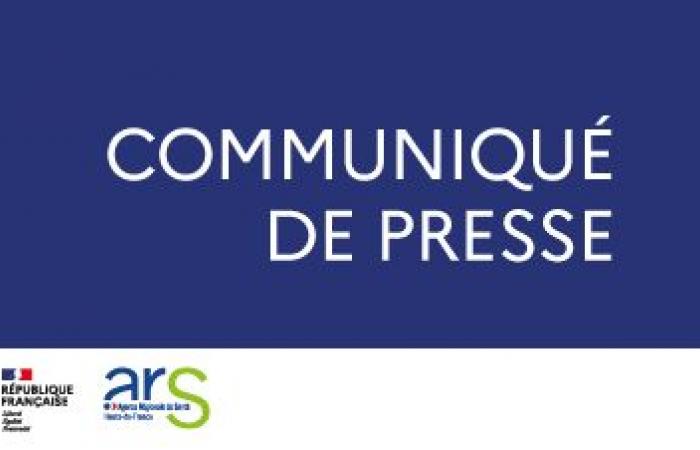Although difficult to quantify, due in particular to underdiagnosis, it is estimated that Alzheimer’s disease affects about a quarter of those over 80. According to studies by Public Health France, 1.2 million people could be affected by Alzheimer’s disease or a related disease in France, of which 750,000 people would be diagnosed. Around 40,000 people could be affected in the region according to various estimates.
While there is currently no way to detect the disease before the signs appear, the priority issue is to be able to diagnose it as early as possible in order to act to preserve people’s quality of life and autonomy for as long as possible.
A diagnostic offer distributed throughout the territory
In most cases, the treating physician is the first point of contact for the patient or their loved ones when disorders suggestive of Alzheimer’s disease appear. If necessary, they can refer the patient to a local service to establish a precise diagnosis, in town with a private neurologist, or in a hospital setting in one of the 35 memory clinics that cover the entire region.
These memory consultations are held in healthcare facilities, within geriatric and/or neurology departments. Their aim is to assess memory disorders and establish a diagnosis through exercises and the possible use of an MRI. Psychological support may also be offered to the patient and their main caregiver to help them cope with the announcement of the illness.
Two resource and research centres are also attached to the Amiens and Lille University Hospitals. These are expert consultation centres which intervene as a recourse, at the request of a memory consultation centre or a neurologist, when the disorders detected call for in-depth examinations.
Enabling quality life at home for as long as possible
Supporting sick people aims to maintain a level of autonomy and well-being for as long as possible. Specialized Alzheimer’s teams, made up of nurses, occupational therapists, psychomotor therapists and gerontology care assistants, work in people’s homes. Their individualized intervention promotes the maintenance of abilities by learning compensation strategies and more adequate adaptation of the environment. 42 specialized Alzheimer’s teams funded by the ARS operate throughout the region.
Staying at home is often made possible by the presence of one or more caregivers alongside the patient. The support of caregivers is therefore essential to enable them to support their loved one as best as possible. The ARS Hauts-de-France finances 24 respite platforms that welcome caregivers to answer their questions but also offer training, psychological support, well-being and social activities.
More than 1,300 temporary day care places are also available in the region to accommodate patients in support of their caregivers and thus allow the latter to free up personal time. In 2023, 38% of people welcomed into these structures suffered from Alzheimer’s disease.
The ARS also finances adapted physical activity packages in the region’s sports and health centers. In fact, physical activity reduces the risk of developing a neurocognitive disease by around 30%. Physical activity also has a positive effect on sick people, with a slower progression than for sedentary patients.
Graduated support in the establishment
Many nursing homes offer specific support for their residents with Alzheimer’s disease. 157 nursing homes in the region offer specific Alzheimer’s support with adapted activity and care centers (PASA), funded by the ARS. Professionals trained in supporting people with cognitive disorders offer, within the framework of these centers, therapeutic and social group activities such as cognitive or memory stimulation workshops, cooking workshops and workshops around gymnastics, motor skills and relaxation, or even artistic activities, gardening and animal therapy.
Reinforced accommodation units (UHR) accommodate a small number of people who have advanced disease with behavioral disorders. The professionals who work there are specifically trained and dedicated to these units. They develop priority activities for maintaining or rehabilitating remaining cognitive abilities and mobilizing the sensory functions of residents. The ARS finances 35 UHR (25 in nursing homes and 10 in hospitals).






